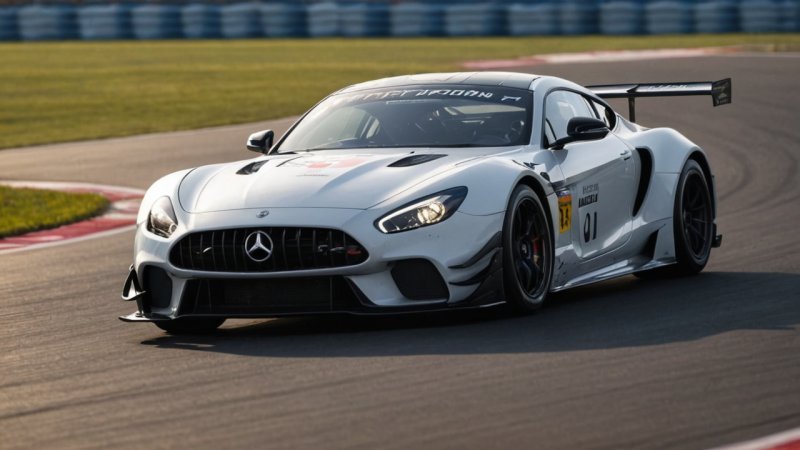In the high-octane world of motorsports, experience can be the ultimate game-changer. While talent and physical fitness are essential, the knowledge and skills gained through experience can significantly enhance a racer's performance. Understanding how experience shapes racing abilities is crucial for both aspiring and seasoned drivers.
One of the most critical aspects of racing is the ability to read the track. Experienced racers develop a keen sense of the nuances of different surfaces and conditions. This includes recognizing when to push the limits and when to hold back. They learn how to anticipate changes in weather, tire wear, and track conditions, allowing them to make informed decisions that could make or break a race.
Moreover, experience helps drivers refine their technique. From braking points to cornering strategies, seasoned racers have had the opportunity to experiment and learn from their mistakes. For instance, knowing the optimal angle for entering a turn or the best throttle application out of a corner can shave off precious seconds from lap times. These skills often come from countless hours of practice and real race experience.
Another critical advantage of experience is the ability to manage pressure. Racing is not just about speed; it's also about mental fortitude. Experienced drivers have faced high-stress situations, which helps them remain calm and focused during races. This mental resilience allows them to execute strategies effectively, whether it’s maintaining a lead or making a daring overtaking maneuver.
Furthermore, seasoned racers often have a better understanding of their vehicles. Years of racing lead to a deeper knowledge of how their car responds under various conditions, enabling them to provide valuable feedback to their team. This collaboration can lead to better car setups and performance enhancements, ultimately contributing to improved race outcomes.
Additionally, the role of experience extends beyond the track. Networking with other racers, teams, and industry professionals can lead to shared knowledge about safety equipment and advancements in technology. Experienced racers often advocate for the importance of using quality protective gear, like helmets and visors, which not only enhances performance but also ensures safety on the track.
As technology continues to evolve, experienced racers also benefit from understanding and integrating new tools into their training. From data analytics to simulation technology, these advancements can provide insights that help refine racing strategies and improve overall performance.
In conclusion, while raw talent and physical fitness are vital components of racing, experience is what truly elevates a driver’s skills. It allows racers to hone their techniques, manage pressure, and understand their vehicles better, all while fostering a culture of safety and innovation. For aspiring racers, embracing every opportunity to gain experience on and off the track is essential for long-term success.






